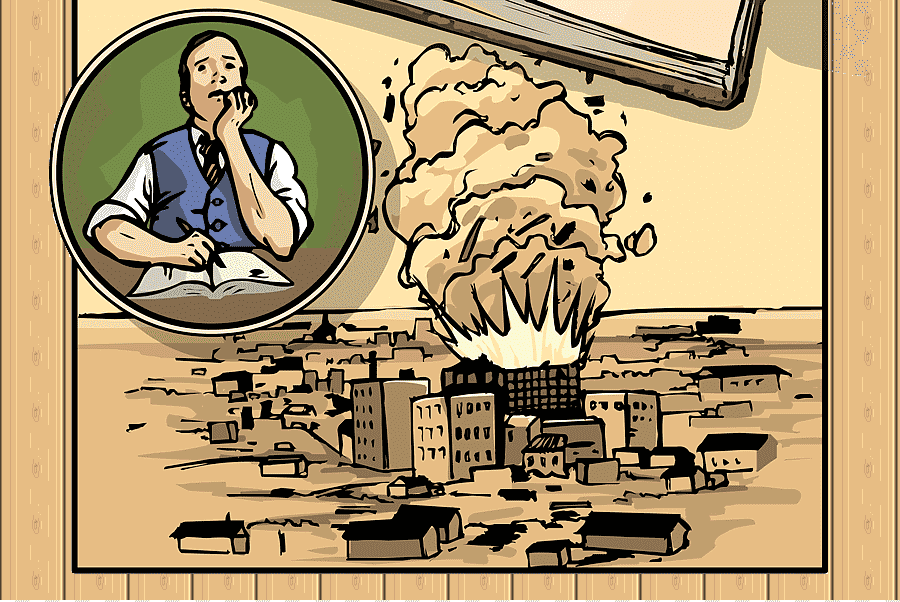- What will 2021 Look Like Because of 2020?
- Is Church Essential?
- What is something our Society is Not Talking About but Should Be?
- Pulpit & Politics
- Expecting Heaven on Earth
These were the topics we took on in 2020. Let’s be honest…who would have ever thought we’d see the day when topics like these would even be questioned? If there is something good to be found in 2020 it is this—deep-seeded questions that have long been buried have found themselves unearthed because of the circumstances of this past year.
The essentiality of church is frequently weighed but rarely questioned aloud and yet because of many churches having to go strictly online and congregants being at greater risk when they returned it became greatly relevant. The balance of pulpit and politics has continually been questioned, but it seems like this year answers were a must from pastors all around this country. The rest of these topics fall into the same category of once buried under the busyness of life but now uncovered as that same life came to a screeching halt. Like trash in the streets of your neighborhood remains hidden in the crevices unseen until a windy day when it is all revealed so too are these issues we now face and finally discuss.
As Christians we have answers to these questions that stand out from the crowd or at least should. Our answers are not dependent on our choices, our shoulders, or our perfection—for our choices are affected by sin, our shoulders found too small, and our perfection always found wanting. Instead, our answers should always point to God, His Word, and His Gospel.
What will 2021 Look Like? - That’s ultimately up to God’s sovereignty (Colossians 1:15-17).
Is Church Essential? – In some fashion or form God says it is (Hebrews 10:25).
Pulpit & Politics – God’s chosen mouthpiece should speak the Gospel above all else (Romans 10:14-15).
Expecting Heaven on Earth – One day we should…but maybe not fully just yet (Revelation 21:1-7).
And what is something our society is not talking about but should be? – The real answer should probably be all of the above.
Many people, including us, are looking forward to 2021 and ready to see this past year in the rearview mirror. It has been a tough year for all of our families and we know it is probably true of yours as well. But if we could leave you with one encouragement at the end of this year and into the beginning of the next it would be this—don’t waste any day—the lessons they teach, the memories they hold, and the opportunities they present.
We started this blog not because we had planned on it but because 2020 presented us an opportunity of time and we tried our very best to use it wisely. The Apostle Paul uses this phrase twice in the New Testament—“Redeeming the time.” In essence he was saying to make wise and sacred use of every opportunity to do good. Although the circumstances surrounding this year might be different God has given us the same opportunity to do this very thing in 2020 as He does every year.
Don’t waste it.
Don’t wish it away.
And don’t miss it.
For the opportunity to redeem the time might just be the greatest gift 2020 had to offer each and every one of us.
MERRY CHRISTMAS EVERYONE!!
“Walk in wisdom toward them that are without, redeeming the time.”
Colossians 4:5
